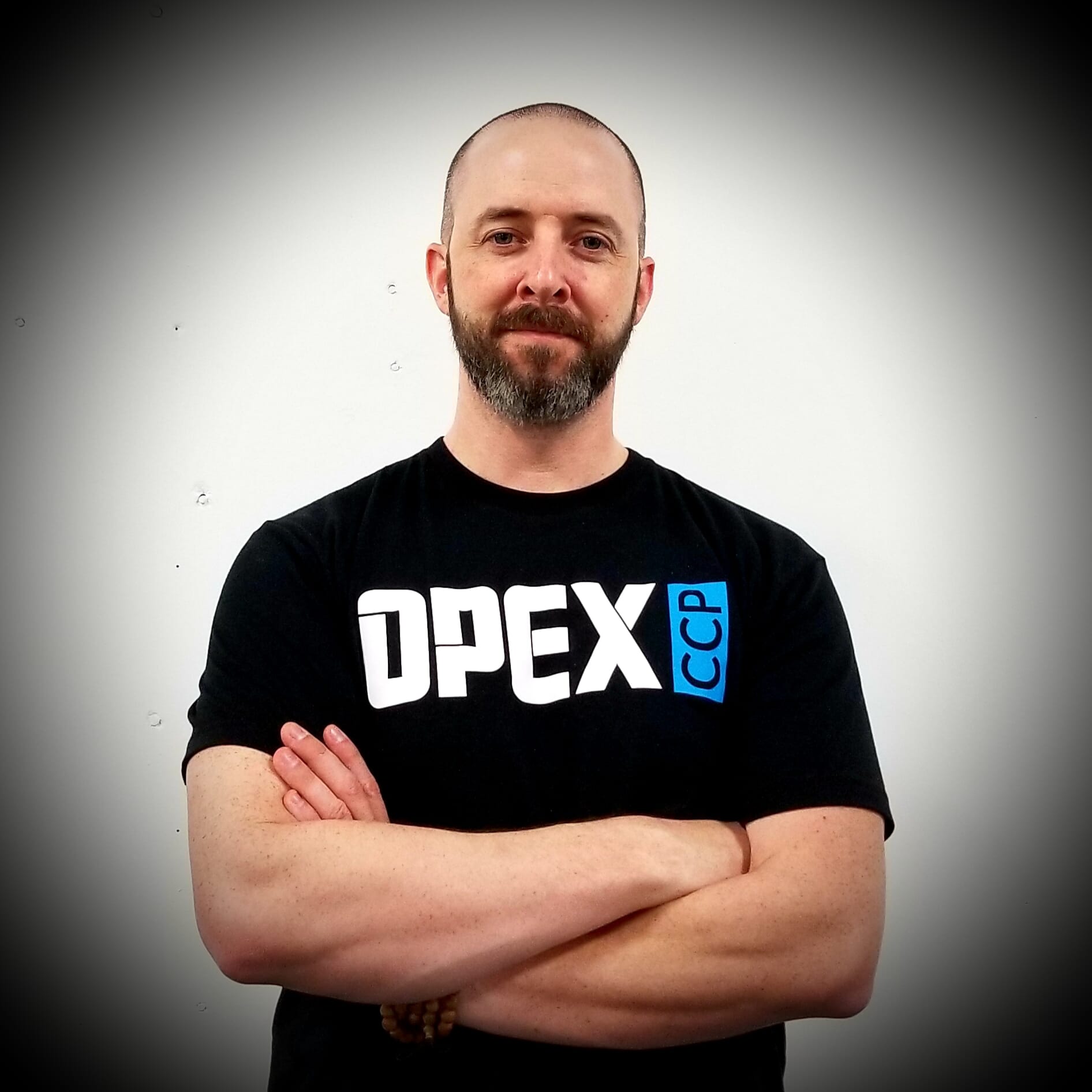Diets fail. A lot.
A reality highlighted by the fact that obesity rates (which is different from being overweight), and rates of type 2 diabetes keep going up year after year. By some estimates, more than 90% of all diets fail to achieve long-term weight loss. But with the ever-growing pool of knowledge we’re gathering on human health, why are we still failing - as individuals and as a society - to curb our health problem?
Eliminating the Noise
A small part of the problem is that we’re bombarded with information designed to grab our attention and seems to be engineered to confuse people. The clickbait articles on the latest nutrition science are so chaotic (and sometimes uninformed) that they seem to contradict themselves every few months. And there’s a huge unregulated industry focused on making nutrition seem so difficult that you NEED their newest app, food tracker or celebrity-endorsed diet plan to lose a single pound. Not to mention that many of the US government recommendations are more than 10 years behind the research, and corrupted (also read “heavily lobbied”) regulators allow for deliberately misleading labels on nearly every kind of food.
The quick way to eliminate this noise comes from realizing that most diets that are based on up-to-date nutrition science are built around basic rules that are almost mind-numbingly simple:
- Michael Pollan's - “Eat (real) food, not too much, mostly plants.”
- Advice from Dr. Jason Fung about snacking - Don’t.
That’s it.
Unless you’re a professional athlete or aspiring to be one, or you have a condition that forces you to restrict food in some way, there’s not much more to the rules to healthy eating.
But like I said, that noise is just a small part of the problem. If nutrition and dieting were that simple - if ignoring the noise of commercial culture, rolling your eyes at celebrity magazines and making the “right choice” based on simple rules gave you that beach body - there shouldn’t be much of a problem, right?
The Complication
Food isn’t just what we put into our mouths. It’s not JUST macro and micronutrients we use to fuel our bodies. Food is what we use to comfort ourselves after a stressful day. Food is what we use to celebrate milestones and mourn losses. Food is what we gather over during family outings and what we bring to the company potluck. Food is that special thing we share with our significant other to show them we care. Food is intimately linked with our emotions, our social lives, and our identities as individuals.
So, is it really confusing why we can struggle just as much with changing what and when we eat, as we do with our changing identities and relationships?
Diets vs Nourishment
Diets are little more than guidelines meant to modify what and/or when we eat. Diets like Paleo, Keto, Zone, Weight Watchers, and even Intermittent Fasting, fail more often than not because they don’t account for the one common factor across all dieting that never changes: The human factor. Your relationship with food - AKA WHY you eat what and when we eat is just, if not more, important than what you’re putting in your mouth.
Nourishment is as much about behavior change as it is about what you’re eating. To a nutrition coach, that relationship is more important than what you’re eating, because that relationship determines what you’ll eat. We recognize that your relationship with food is as meaningful, dynamic, and important as any other relationship in your life. And if a change is needed, the way and pace that relationship can be changed - so that it’s beneficial and can be maintained - is as unique and dynamic as any individual who sits down for a consult in my office.
At OPEX Baltimore South we don’t talk about diets: We talk about your relationship with food. If you’d like to learn more, sign up for a free consultation and see if personalized fitness is a good fit for you.
About the Author:
 Adam is an OPEX CCP coach at OPEX Baltimore South with 15 years of fitness experience ranging from Yoga to CrossFit. He’s also a Certified Nutrition Coach (PN1), specializes in corrective exercise (FMSC) and is a parkour trainer/practitioner.
Adam is an OPEX CCP coach at OPEX Baltimore South with 15 years of fitness experience ranging from Yoga to CrossFit. He’s also a Certified Nutrition Coach (PN1), specializes in corrective exercise (FMSC) and is a parkour trainer/practitioner.
